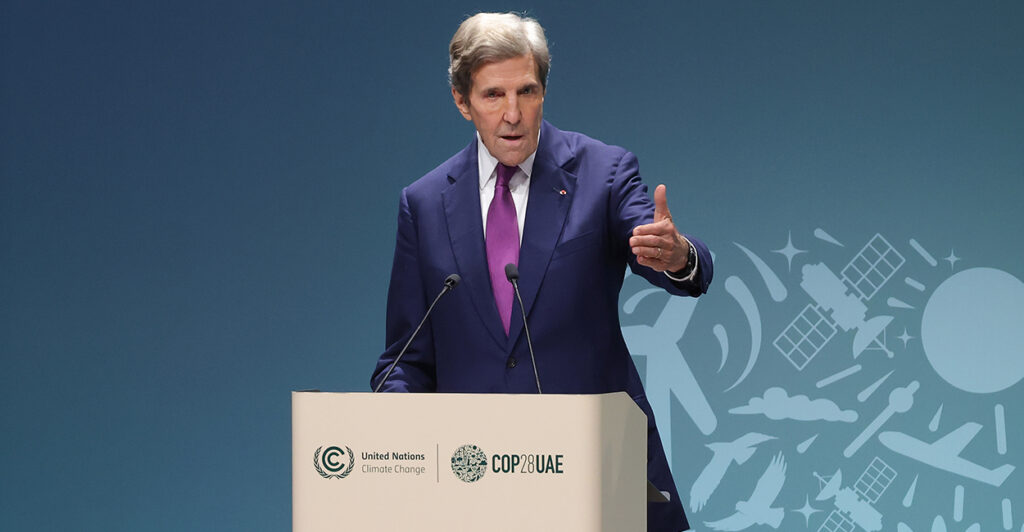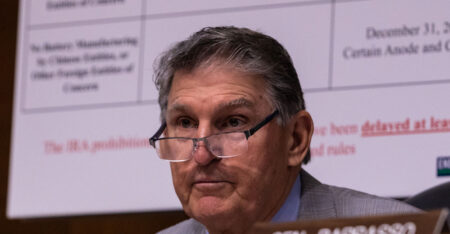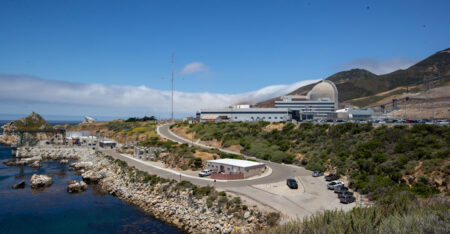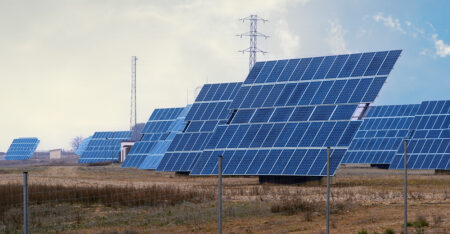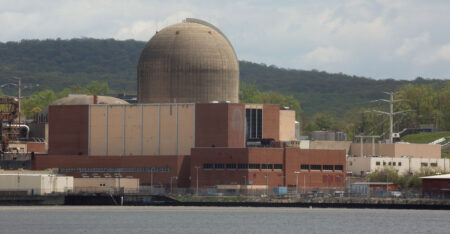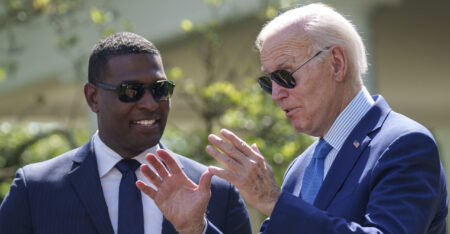As the international climate conference known as the Conference Of Parties, Or COP28, starts the first Global Stocktake—a methodology for countries to measure their compliance with the 2015 Paris Agreement on climate—the participating governments would do well to remember that energy is more than a mere commodity; it’s the backbone of human progress. Energy’s ubiquitous role in our daily lives masks its positive and profound effect on economic growth, medicine, longevity, and wealth creation, empowering people around the world to rise above mere subsistence.
A forthcoming Heritage Foundation special report, “Powering Human Advancement: Why the World Needs Affordable and Reliable Energy,” shows that energy is the thread that weaves the fabric of civilizations together and the universal currency to transact business.
The report shows that countries that harness more than 1,000 kilowatt hours (kWh) of energy per capita begin to lower poverty substantially. Countries that harness more than 10,000 kWh per capita see the virtual elimination of widespread poverty. The conclusion is clear: encouraging energy use reduces global poverty and generates economic growth to overcome environmental concerns. (The Daily Signal is the news and commentary outlet of The Heritage Foundation.)
For instance, the health care revolution of the 21st century owes much to the relentless march of energy. Energy has allowed medical discoveries to leap beyond geographical barriers, bringing advanced medical care to far-flung corners of the world. From the hum of MRI machines to the quiet reliability of vaccine refrigerators in clinics, energy is a silent guardian of health. Neonatal incubators use energy to keep millions of premature babies’ little hearts pounding and lungs breathing. The result of abundant energy has been a century of dramatic reduction in child and disease mortality and a leap in global health standards.
The story of this increased longevity in the past century is, at its core, a tale of energy. Access to clean water, efficient food production, and sanitary facilities—all energy-intensive—have drastically reduced mortality rates. This longevity boom is intertwined with wealth generation. As people live longer, healthier lives, they contribute significantly more to economic prosperity, creating virtuous cycles of wealth and well-being.
In combination with the rule of law, wealth can be generated by affordable and reliable energy sources, and it is this wealth that will, in turn, afford a society to buy pollution scrubbers for their hydrocarbon power plants. Wealth, thus accrued through energy use, not only creates a buffer against long-term environmental degradation, but actively fuels the fight against it. High- income countries with high energy use can afford to remove the worst criteria pollutants from the atmosphere.
Many pundits at COP28 will ignore these realities and blame the harnessing of hydrocarbons as an environmental disaster that has befallen the world, despite hydrocarbons’ many benefits. COP28 officials should be careful about advocating for solar and wind power without acknowledging their respective drawbacks in terms of cost, their lack of reliability as energy sources, pollution from the manufacture and disposal of solar panels, and the harm to wildlife that wind turbines pose.
COP28 attendees should also recognize how dependent the world, and especially America, are on the Chinese Communist Party for critical minerals that are used in the manufacture of renewables and battery technology. In fact, China already produces 80% of solar components and 65% of lithium-ion batteries that the world uses. Furthermore, attendees should be cautious about advocating for zero-carbon emissions mandates paid for by raising energy rates on consumers (a form of regressive taxation that hurts the poorest the hardest) or letting supranational bureaucrats intervene in contracts because their preferred energy company did not win.
While some policymakers advocate “allowing” poor people to have air conditioning, some COP28 attendees were against plug-in air conditioners for the poor. We should be wary of such officials using “climate change” as a mechanism to hold back low-income individuals and those in developing nations. Those attending COP28 should not distribute untransparent powers to governments and bureaucrats while also signing expensive deals with dictators like the president of China.
Policymakers at COP28 need to get out of the way of companies that are harnessing energy responsibly and innovatively and recognize the need to pave the way for a legacy of human advancement worldwide. In energy lies not just the power to create but also the power to conserve and protect all that has been created.
Have an opinion about this article? To sound off, please email letters@DailySignal.com, and we’ll consider publishing your edited remarks in our regular “We Hear You” feature. Remember to include the URL or headline of the article plus your name and town and/or state.
Read the full article here





